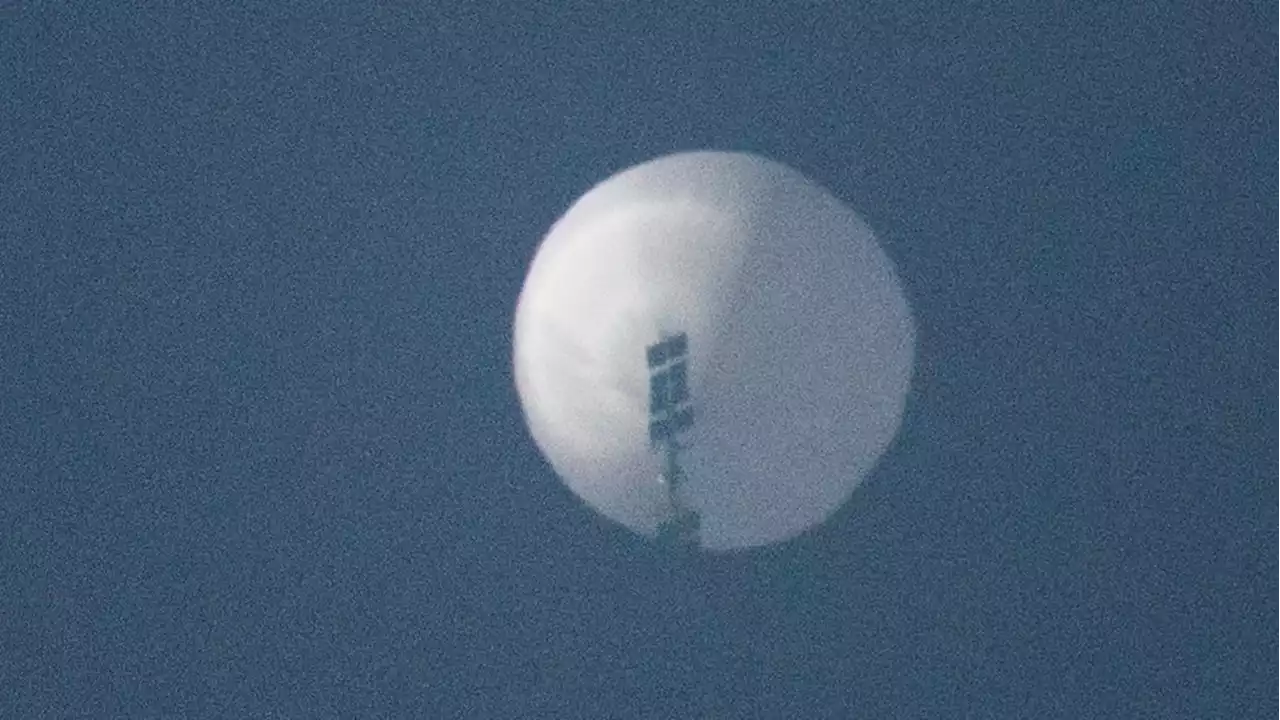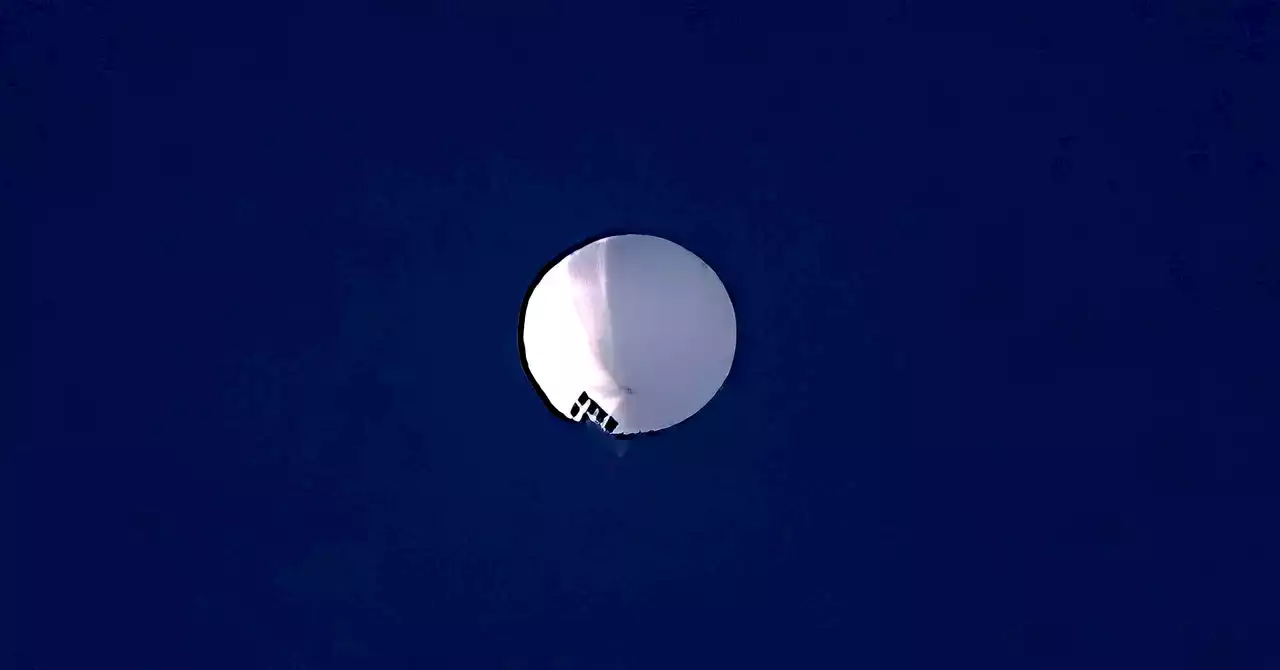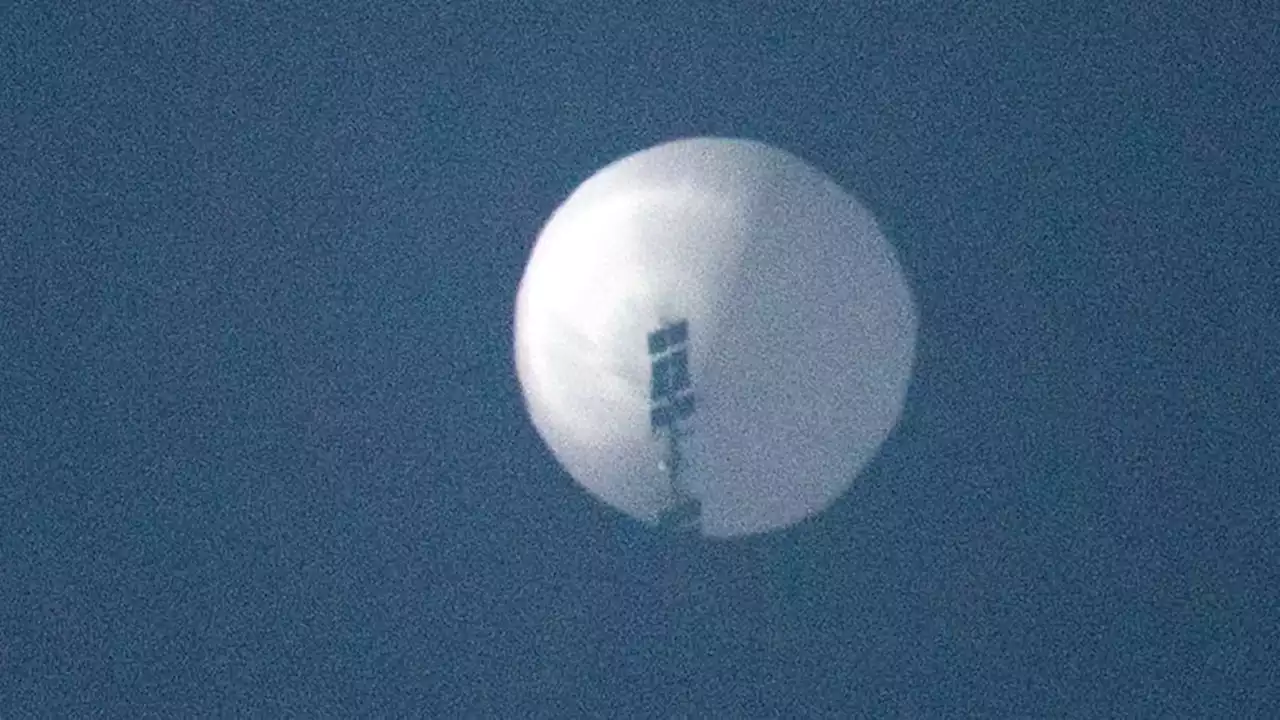Here are 5️⃣ things to know for February 5. 1️⃣ Spy balloon 2️⃣ Ukraine 3️⃣ Forest fires in Chile 4️⃣ Pakistan’s former president has died 5️⃣ LeBron James
It’s been nearly three years since much of the US shut down due to Covid-19 and people started working from home in their pajamas or wearing the same pair of jeans for days on end. But now that the job market is booming and workers are returning to the office, is it time to start washing your clothes more often after you’ve worn them all day long? The answer might surprise you. Here’s what else you need to know to Start Your Week Smart.
Thursday Twitter will cut off free access to its API – which lets third parties access many types of Twitter data for their own applications and research – in favor of a new “paid basic tier.” What that means to the average Twitter user is that a lot of popular accounts that run automatically and tweet jokes or pictures of possums or foxes will grind to a halt. Friday February 10 is the kickoff of New York Fashion Week, which will feature more than 70 runway shows from the industry’s top brands.
United States Latest News, United States Headlines
Similar News:You can also read news stories similar to this one that we have collected from other news sources.
 Chinese Spy Balloon Is Not a Spy Balloon, China SaysChina’s Foreign Ministry on Friday said the suspected spy balloon spotted over the U.S. was actually just civilian “airship” used mostly for meteorological research.
Chinese Spy Balloon Is Not a Spy Balloon, China SaysChina’s Foreign Ministry on Friday said the suspected spy balloon spotted over the U.S. was actually just civilian “airship” used mostly for meteorological research.
Read more »
 The Chinese Spy Balloon Shows the Downsides of Spy BalloonsUS officials said on Thursday that the spy balloon was floating above commercial air traffic at roughly 60,000 feet and that it does not pose a threat to people or activity on the ground.
The Chinese Spy Balloon Shows the Downsides of Spy BalloonsUS officials said on Thursday that the spy balloon was floating above commercial air traffic at roughly 60,000 feet and that it does not pose a threat to people or activity on the ground.
Read more »
 Ukraine live briefing: New U.S.-made bombs will double Ukraine’s reach; American medical volunteer killedThe ground-launched, small diameter bombs Ukraine will receive from the U.S. have a range of roughly 95 miles, nearly twice the capability previously provided.
Ukraine live briefing: New U.S.-made bombs will double Ukraine’s reach; American medical volunteer killedThe ground-launched, small diameter bombs Ukraine will receive from the U.S. have a range of roughly 95 miles, nearly twice the capability previously provided.
Read more »
Russia-Ukraine live updates: American volunteer medic killed in UkraineAn American volunteer medic was killed in Ukraine while helping civilians evacuate, according to his family and the humanitarian organization he was volunteering with.
Read more »
 History As It Happens: When Ukraine Had NukesWhen Ukraine acceded to Nuclear Non-Proliferation Treaty in 1994, the country’s leaders fulfilled a vow they had made as soon as Ukraine became an independent state in 1991. Ukraine would relinquish the thousands of nuclear warheads and intercontinental ballistic missiles on its territory – it’s “nuclear inheritance” after the collapse of the USSR. Looking back at that decision through the lens of Russia’s invasion one year ago, some observers now contend that Ukraine made a mistake by voluntarily ceding its potential nuclear deterrence, although Ukraine never had independent operational command and control over the weapons. Moreover, as political scientist and nuclear historian Mariana Budjeryn demonstrates in her new book, “Inheriting the Bomb,” the majority of Ukrainian political and military leaders in the early 1990s viewed holding onto the nukes as more dangerous than it might be worth. In this episode, Budjeryn discusses the momentous events and decisions that resulted in Ukraine transferring all its nuclear weapons to Russia to be dismantled. She illuminates an important chapter in international relations that left Ukraine in a diplomatic and political no man’s land from which it could not completely extract itself over the next 30 years.
History As It Happens: When Ukraine Had NukesWhen Ukraine acceded to Nuclear Non-Proliferation Treaty in 1994, the country’s leaders fulfilled a vow they had made as soon as Ukraine became an independent state in 1991. Ukraine would relinquish the thousands of nuclear warheads and intercontinental ballistic missiles on its territory – it’s “nuclear inheritance” after the collapse of the USSR. Looking back at that decision through the lens of Russia’s invasion one year ago, some observers now contend that Ukraine made a mistake by voluntarily ceding its potential nuclear deterrence, although Ukraine never had independent operational command and control over the weapons. Moreover, as political scientist and nuclear historian Mariana Budjeryn demonstrates in her new book, “Inheriting the Bomb,” the majority of Ukrainian political and military leaders in the early 1990s viewed holding onto the nukes as more dangerous than it might be worth. In this episode, Budjeryn discusses the momentous events and decisions that resulted in Ukraine transferring all its nuclear weapons to Russia to be dismantled. She illuminates an important chapter in international relations that left Ukraine in a diplomatic and political no man’s land from which it could not completely extract itself over the next 30 years.
Read more »
 History As It Happens: When Ukraine Had NukesWhen Ukraine acceded to Nuclear Non-Proliferation Treaty in 1994, the country’s leaders fulfilled a vow they had made as soon as Ukraine became an independent state in 1991. Ukraine would relinquish the thousands of nuclear warheads and intercontinental ballistic missiles on its territory – it’s “nuclear inheritance” after the collapse of the USSR. Looking back at that decision through the lens of Russia’s invasion one year ago, some observers now contend that Ukraine made a mistake by voluntarily ceding its potential nuclear deterrence, although Ukraine never had independent operational command and control over the weapons. Moreover, as political scientist and nuclear historian Mariana Budjeryn demonstrates in her new book, “Inheriting the Bomb,” the majority of Ukrainian political and military leaders in the early 1990s viewed holding onto the nukes as more dangerous than it might be worth. In this episode, Budjeryn discusses the momentous events and decisions that resulted in Ukraine transferring all its nuclear weapons to Russia to be dismantled. She illuminates an important chapter in international relations that left Ukraine in a diplomatic and political no man’s land from which it could not completely extract itself over the next 30 years.
History As It Happens: When Ukraine Had NukesWhen Ukraine acceded to Nuclear Non-Proliferation Treaty in 1994, the country’s leaders fulfilled a vow they had made as soon as Ukraine became an independent state in 1991. Ukraine would relinquish the thousands of nuclear warheads and intercontinental ballistic missiles on its territory – it’s “nuclear inheritance” after the collapse of the USSR. Looking back at that decision through the lens of Russia’s invasion one year ago, some observers now contend that Ukraine made a mistake by voluntarily ceding its potential nuclear deterrence, although Ukraine never had independent operational command and control over the weapons. Moreover, as political scientist and nuclear historian Mariana Budjeryn demonstrates in her new book, “Inheriting the Bomb,” the majority of Ukrainian political and military leaders in the early 1990s viewed holding onto the nukes as more dangerous than it might be worth. In this episode, Budjeryn discusses the momentous events and decisions that resulted in Ukraine transferring all its nuclear weapons to Russia to be dismantled. She illuminates an important chapter in international relations that left Ukraine in a diplomatic and political no man’s land from which it could not completely extract itself over the next 30 years.
Read more »
